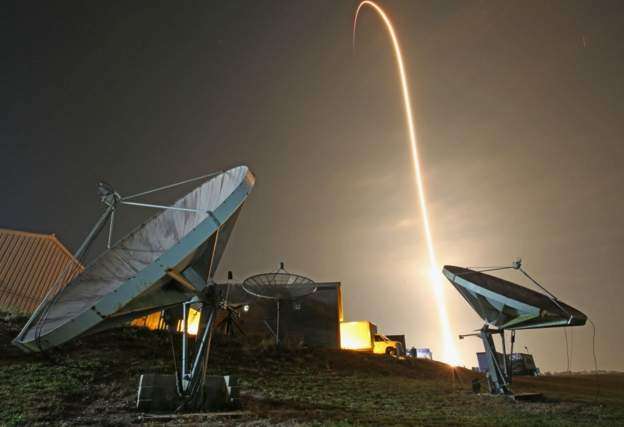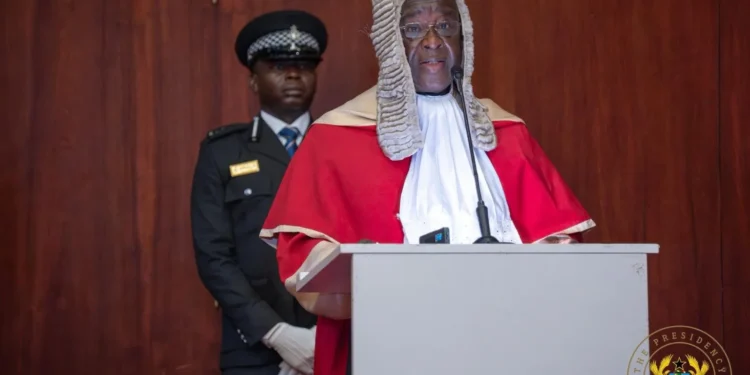Elon Musk’s Space Exploration Technologies Corporation (SpaceX) has delayed the launch of Kenya’s first earth observation satellite by 24 hours citing unfavourable weather conditions at the launch base in California.
The satellite named Nation- 1, or Taifa -1 in Swahili, was to be deployed aboard a Falcon 9 rocket alongside other satellites from other countries.
Originally, the launch was slated to occur on Tuesday, April 11, 2023 at 9:44 a.m. Kenyan time.
A statement from the Kenya Space Agency said the delay was due to “unfavourable upper-level wind conditions” that would “affect the rocket’s flight trajectory”.
The launch is now expected to take place on Wednesday 12 April at Vandenberg Air Force Base in California.
Last week, Kenya Space Agency (KSA) and Defense Ministry disclosed in a joint statement that the satellite will provide timely and regular satellite data for decision support to agriculture and food security, natural resources management, disaster management, and environmental monitoring, among other applications.
The launch is a culmination of a KSA mission design and development of the satellite spanning twenty-four months.
Kenya sent its first experimental nano satellite from the International Space Station in 2018 in collaboration with Japan. It was built by students from the University of Nairobi.
Taifa-1 was fully designed and developed by a team of Kenyan engineers with the satellite’s parts, testing and done in collaboration with satellite’s AD, a Bulgarian aerospace manufacturer.
According to Kenya Space Agency, the Kenyan team underwent customized training on the space environment, orbital mechanics, space systems engineering, space operations and project management to be able to understand and design a mission that would survive the extreme space environment.
“The project entailed research and development of the different components of satellite mission design, full satellite development cycle, in-orbit control, and data reception and processing,” KSA and Defence Ministry said.
The team spent three months to plan and determine the specific objectives, technical requirements, design specifications, cost analysis and documentation regimen for Taifa-1.
Data from the 3U earth observation satellite will complement what is currently available from open source within the sector.
It will provide decision-support to stakeholders relying on space derived data-driven solutions and contribute to realization of the Sustainable Development Goals.
An Important Milestone For Kenya’s Space Programme

According to the Kenya Space Agency, the Taifa-1 satellite mission is an important milestone for Kenya’s space programme and is expected to contribute significantly to promoting the growth of the satellite development, data analytics and processing, and applications development capabilities of Kenya’s budding space economy.
Taifa-1 Sat is the first stepping stone to the development of what is planned to be a constellation of small earth observation satellites for Kenya.
“It is also a capacity-building effort for Kenya’s engineers in space systems engineering, space operations, ground receiver station operations, mission control, satellite data acquisition and processing, among others.”
Kenya Space Agency
A government of Kenya delegation led by the Principal Secretary in the Ministry of Defense, Patrick Mariru, is in the U.S to witness the launch of Taifa-1 Sat.

The Kenya Space Agency’s technical team will also be monitoring the Mission at the Nairobi Headquarters.
READ ALSO: Egyptian President Lauds African Development Bank for Supporting Continent Through Tough Times






















